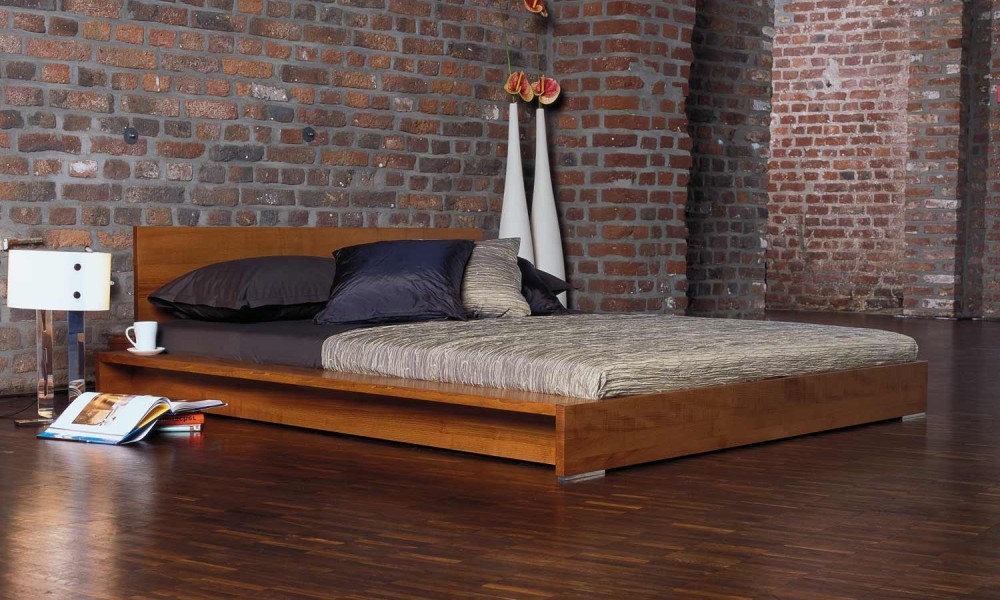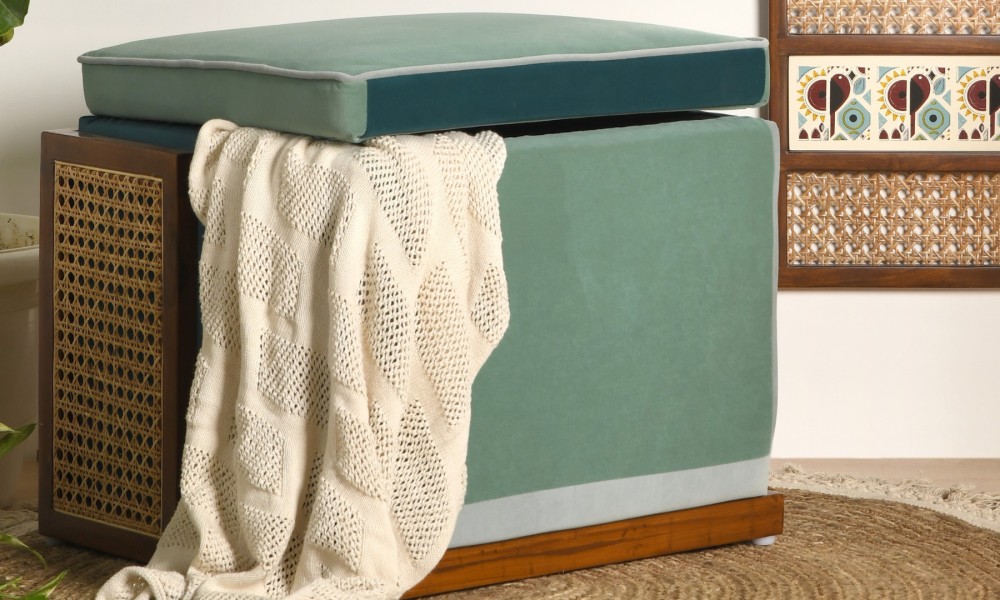
.jpg)

Furniture Fiesta Life & Culture
LIFE AND CULTURE SHOPPING TRENDS HOME TOURS DESIGN DECORATING

Ottomans, originating in the 18th century, have evolved into versatile home décor elements, offering comfort, storage, and style, with a growing emphasis on sustainability through upcycling.
Expanding upon the theme of incorporating ottomans into home decor offers an opportunity to delve deeper into the historical context, design versatility, and practical applications of these multifunctional pieces. Here’s an extended exploration:

Originating in Europe and Turkey during the 18th century, ottomans were initially introduced as padded seats devoid of arms or back support. Often adorned with cushions, they swiftly became the cornerstone of seating arrangements in households of the era. Over time, their design evolved to accommodate various functionalities, ranging from storage capabilities to mobility, making them indispensable elements in modern interior design.

Today, ottomans have experienced a resurgence in popularity, owing to their versatile nature and space-efficient designs. Their plush comfort not only adds a cozy ambiance to home interiors but also serves practical purposes. Ottomans can double as footrests, providing a comfortable perch alongside sofas or accent chairs. Their low profile and cushioned surfaces make them ideal for impromptu seating arrangements or as supplementary seats for guests during gatherings.

Innovative homeowners have found myriad ways to incorporate ottomans into their living spaces. From using them as stylish side benches to converting them into functional coffee tables, ottomans offer endless possibilities for enhancing both aesthetics and functionality. Additionally, ottomans with detachable tops provide discreet storage solutions, allowing homeowners to stow away miscellaneous items and maintain a clutter-free environment.

The adaptability of ottomans extends beyond indoor settings, making them equally suitable for outdoor environments. Whether placed on a patio or nestled in a garden nook, ottomans can seamlessly blend with outdoor furniture arrangements, providing versatile seating options for alfresco gatherings or leisurely relaxation.

Embracing sustainability in home décor, many individuals are turning to upcycled ottomans as eco-friendly alternatives. Repurposing discarded materials such as tires into chic and contemporary ottomans not only reduces waste but also adds a unique touch to interior spaces. Coupled with wood, upholstery, and decorative trims, these upcycled ottomans serve as tangible reminders of the importance of environmental consciousness in design.
In conclusion, ottomans offer a blend of historical significance, design versatility, and practical functionality that make them indispensable elements in modern home décor. Whether used for seating, storage, or as decorative accents, ottomans contribute to creating inviting and personalized living spaces that reflect individual tastes and lifestyles. With a nod to sustainability through upcycling initiatives, ottomans continue to evolve as timeless pieces that resonate with both aesthetic and environmental sensibilities.